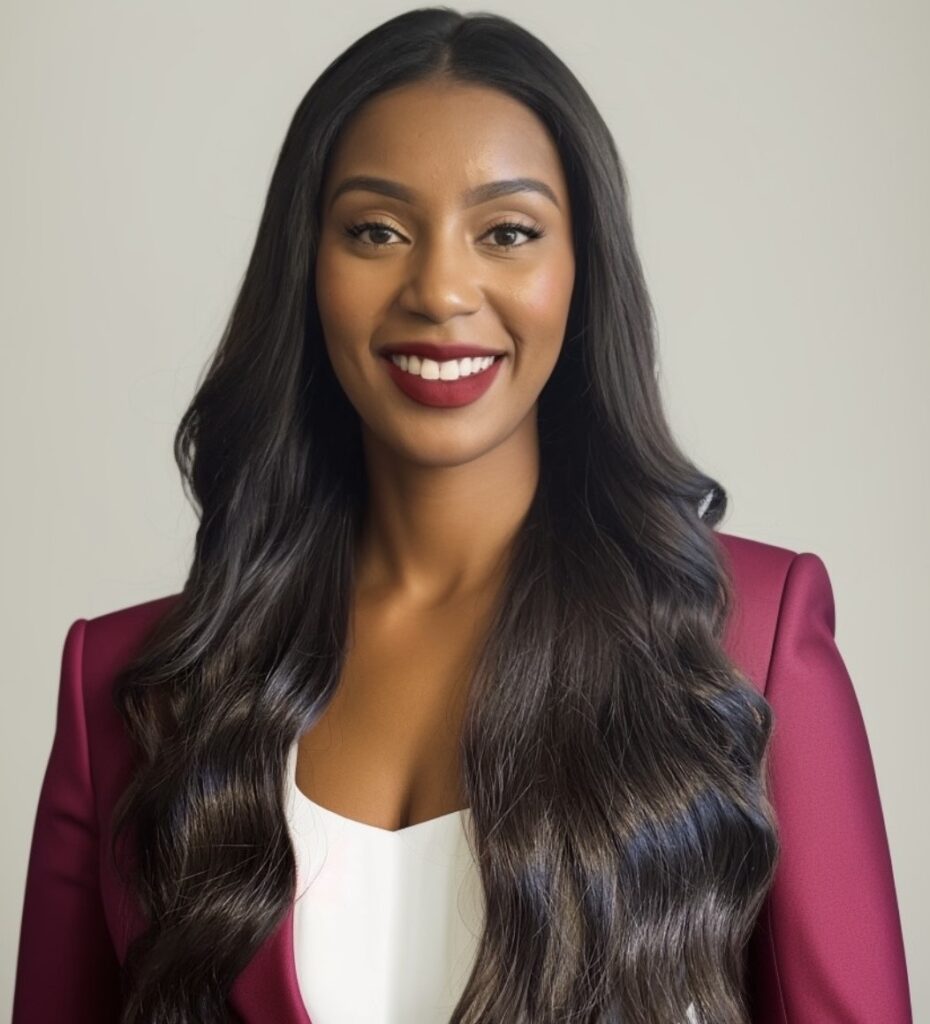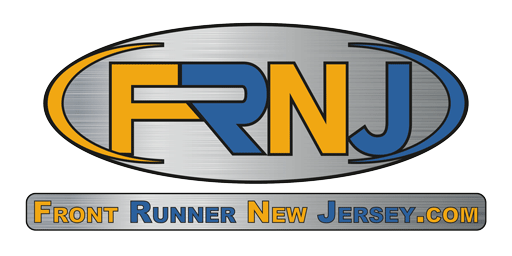A Double Standard in Political Discourse? What if Kamala Harris Had Talked About ‘White Jobs?’

Photo courtesy of Taja Johnson.
OPINION
BY TAJA JOHNSON
In the politically charged atmosphere of the United States, where every word spoken by a public figure can ignite a firestorm, it’s worth asking a provocative question: What if the roles were reversed, and Vice President Kamala Harris had made a comment about “white jobs” in the same manner that former President Donald Trump has referenced “Black jobs”?
How would the nation react, and how might it impact her political future, especially considering the heightened scrutiny women of color face in American politics?
Imagine Harris addressing a predominantly white audience and making a remark about the importance of “white jobs.” The backlash would likely be immediate and severe. Critics would argue that such a statement is divisive, exclusionary, and pandering to a particular racial demographic in a way that could be seen as fostering resentment or reinforcing racial divisions.

The term “white jobs” would almost certainly be dissected across cable news shows, op-eds, and social media, with commentators on both sides of the aisle weighing in on its implications.
Would Harris face more criticism than Trump did when he made his comments about “Black jobs?” History suggests she might. As a woman of color, Harris operates under a different set of expectations than her white male counterparts.
Her every move is scrutinized, and any misstep is often amplified. The intersection of race and gender in American politics means that Harris, like many women of color in public life, must navigate a minefield where mistakes are less forgivable, and successes are often minimized.
If Harris were to make such a statement, it could seriously undermine her political capital. Critics would likely accuse her of racial pandering, and the narrative of divisiveness could become a potent weapon in the hands of her opponents.
This could complicate her aspirations for higher office, including a potential presidential run in the future.
However, Harris has shown resilience in the face of criticism before. Her ability to navigate controversies and maintain her composure under pressure is well-documented. While a comment like this would undoubtedly be a setback, it might not be fatal to her political ambitions.
Much would depend on her response — whether she could pivot the conversation, address the controversy head-on, and continue to build a coalition of supporters who see her as a unifying figure.
Now, let’s consider the broader implications of the roles being reversed, especially in light of the assassination attempt that was made on former President Trump. In a scenario where Harris faced a similar threat, would she receive the same level of protection and compassion from the nation as Trump did?
The unfortunate reality is that the protection and support extended to political figures often vary depending on their identity and political alignment. If Harris were targeted in an assassination attempt, there would undoubtedly be calls for increased security and condemnation from many quarters.
However, the intensity of the response might differ. Harris, as a woman of color, might not receive the same level of empathy or concern from certain segments of the population that were vocal in their support for Trump.
This disparity could manifest in how the media covers such an event, how political leaders from both parties respond, and how the general public reacts.
Would both sides show compassion? Ideally, yes, but the deep-seated polarization in the country suggests that reactions could be divided along partisan lines, with some downplaying the severity of the threat or questioning the legitimacy of the response.
This thought experiment highlights the double standard that often exists in American politics. How we respond to politicians’ words and the threats they face can be influenced by their race, gender, and political affiliation.
Harris, as a woman of color in one of the highest offices in the land, is subject to a level of scrutiny that Trump, as a white man, might not face to the same extent.
As the nation grapples with its identity and the values it wants to uphold, it is crucial to recognize these disparities and strive for a more equitable political discourse. If Harris were to make a controversial statement or face a significant threat, the response should be measured, fair, and consistent with the principles of justice and equality.
Only then can we hope to move beyond the divisions that have long plagued American society and create a political environment where all leaders are judged by the same standards, regardless of who they are or where they come from.
EDITOR’S NOTE: Taja Johnson is a local journalist and newspaper editor, and a recent fellow at the South Jersey Information Equity Project sponsored by Montclair State University.
Follow Us Today On:
Note from AC JosepH Media: If you like this story and others posted on Front Runner New Jersey.com, lend us a hand so we can keep producing articles like these for New Jersey and the world to see. Click on SUPPORT FRNJ and make a contribution that will go directly in making more stories like this available. Thank you for reading!




